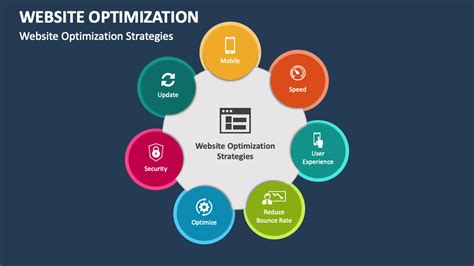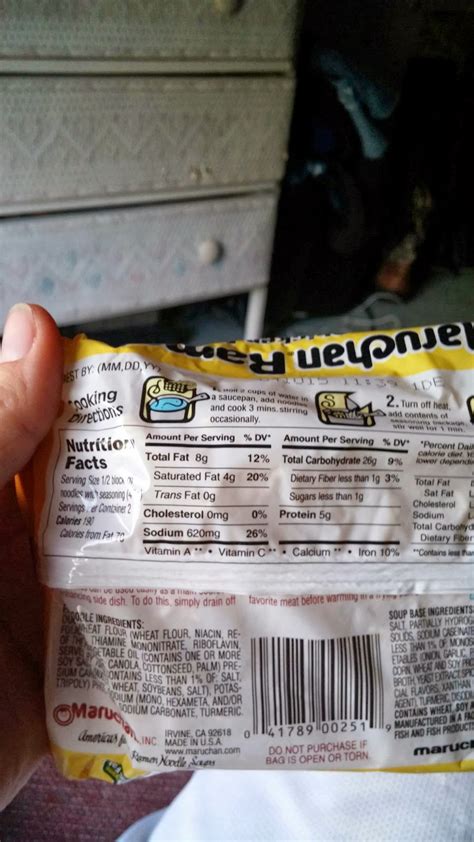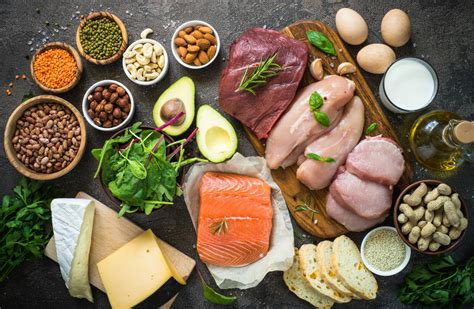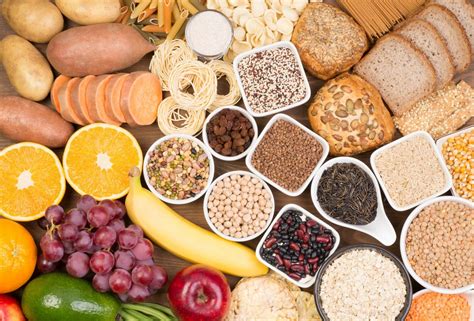Optimize post-workout nutrition for rapid muscle recovery & growth?

The Critical Role of Post-Workout Nutrition
After an intense workout, your muscles are in a state of depletion and breakdown. They’ve expended glycogen stores (your body’s primary energy source) and experienced microscopic tears in muscle fibers. This catabolic state is a natural consequence of exercise, but how you respond to it can significantly impact your recovery, adaptation, and ultimately, your muscle growth.
Optimizing post-workout nutrition isn’t just about ‘eating something’; it’s a strategic intervention designed to halt muscle breakdown, kickstart repair processes, replenish energy reserves, and create an anabolic (muscle-building) environment. Ignoring this crucial window can compromise your progress, leaving you sore, fatigued, and underperforming in subsequent sessions.

Understanding the Anabolic Window (And Its Nuances)
For years, the concept of a rigid “anabolic window” – a narrow 30-60 minute period immediately after training where nutrient intake was absolutely critical – dominated fitness advice. While it’s true that nutrient uptake sensitivity is heightened post-exercise, modern research suggests this window is not as fleeting as once thought. For most individuals who’ve eaten a pre-workout meal or regular meals throughout the day, the anabolic window can extend for several hours post-training.
However, this doesn’t diminish the importance of consuming quality nutrients relatively soon after your workout. The sooner you provide your body with the necessary building blocks, the faster it can begin the repair and recovery process, setting the stage for optimal growth.
Key Macronutrients for Rapid Recovery & Growth
1. Protein: The Muscle Builder
Protein is arguably the most critical macronutrient post-workout. It provides the amino acids necessary for muscle protein synthesis (MPS), the process by which your body repairs damaged muscle fibers and builds new ones. Aim for a high-quality protein source that is easily digestible.
- Whey Protein: A fast-digesting protein rich in branched-chain amino acids (BCAAs), particularly leucine, which is a powerful stimulator of MPS.
- Casein Protein: A slower-digesting protein, often consumed before bed, but can also contribute to sustained amino acid delivery.
- Plant-Based Proteins: Soy, pea, rice, or hemp proteins can be excellent alternatives, especially when combined to ensure a complete amino acid profile.
General recommendation: 20-40 grams of protein, depending on body weight and training intensity.

2. Carbohydrates: The Energy Replenisher
During exercise, your body utilizes glycogen stored in your muscles and liver for energy. Replenishing these stores post-workout is vital for recovery, preventing fatigue, and preparing for your next session. Consuming carbohydrates also helps create an insulin spike, which can shuttle amino acids into muscle cells more efficiently and reduce muscle protein breakdown.
- Fast-Acting Carbs: Dextrose, maltodextrin, fruit (bananas, berries), white rice, or potatoes are quickly absorbed, ideal for immediate glycogen replenishment.
- Complex Carbs: While not as immediate, oats, sweet potatoes, whole-grain bread, and quinoa can provide sustained energy and micronutrients as part of a larger post-workout meal.
General recommendation: 0.8-1.2 grams of carbohydrates per kilogram of body weight, especially after intense or prolonged training.

3. Healthy Fats: The Supporting Role
While fats slow down digestion and are generally not prioritized immediately post-workout due to their impact on nutrient absorption speed, they play a crucial role in overall health, hormone production, and nutrient absorption throughout the day. Including a modest amount of healthy fats (e.g., avocado, nuts, seeds) in your broader post-workout meal or subsequent meals is beneficial for long-term health and performance, but keep them minimal in your immediate post-workout shake/snack if rapid absorption is key.
Hydration: The Unsung Hero
Often overlooked, adequate hydration is fundamental for optimal recovery. You lose fluids through sweat during exercise, impacting performance and recovery. Electrolytes (sodium, potassium) are also lost and need to be replenished. Drink plenty of water before, during, and after your workout. Consider adding an electrolyte tablet or a sports drink if your session was particularly long or intense.
Putting It All Together: Timing and Ratios
The ideal post-workout meal or shake should contain a combination of protein and carbohydrates. A common ratio is 2:1 or 3:1 carbs to protein, depending on your goals and the intensity of your workout. For example, a 30g protein shake with 60-90g of fast-acting carbohydrates.
Aim to consume this within 1-3 hours post-exercise. If you train first thing in the morning on an empty stomach, prioritize this window even more diligently.

Practical Post-Workout Meal Ideas:
- Whey protein shake with a banana and a scoop of oats.
- Chicken breast with sweet potato and steamed vegetables.
- Greek yogurt with berries and granola.
- Scrambled eggs on whole-wheat toast with avocado.
- Tuna sandwich on whole-wheat bread with a side of fruit.

Conclusion: Fuel Your Progress
Post-workout nutrition is not merely an option; it’s a cornerstone of effective training. By strategically providing your body with the right balance of protein, carbohydrates, and adequate hydration, you empower it to recover faster, adapt more efficiently, and ultimately build stronger, more resilient muscles. Make post-workout fueling a non-negotiable part of your fitness routine to unlock your full potential and see consistent progress towards your strength and physique goals.








